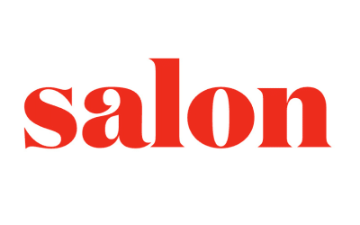A case in campaign ethics
During a primary campaign for the state Senate, a candidate sends out a glossy campaign brochure featuring a photograph of the candidate sitting at a desk with the seal of the state hanging on the wall behind her. There is a credenza behind the candidate that contains what looks to be family portraits. It is a beautiful shot conveying competence and authority. The candidate looks like the office holder that she wishes to become.
When the brochure is received by the public some individuals notice that the photographs on the credenza are actually those of the Governor's family. This revelation leads to speculation as to whether the Governor let the candidate use his office for a political photo shoot and whether he was implicitly endorsing her. The candidate's opponent has the photograph analyzed and asserts that the picture was digitally altered by superimposing a picture of the candidate over that of the Governor.
The candidate claims she does not remember when the photograph was taken, but that she had been in the Governor's office many times as a citizen volunteer. She says that the photo may have been taken on one of those occasions. The candidate disavows any knowledge that the picture was digitally altered. She says that the brochure was created by her political consultant. She says if it was altered, it was done without her consent. She asserts that this issue is just a smokescreen by her opponent to divert attention from the real issues facing the state.
Is there any ethical problem with what the candidate has done?
Hana Callaghan, director of Government Ethics for the Markkula Center for Applied Ethics, wrote this case for her online course, How to Run an Ethical Political Campaign—and Win.


